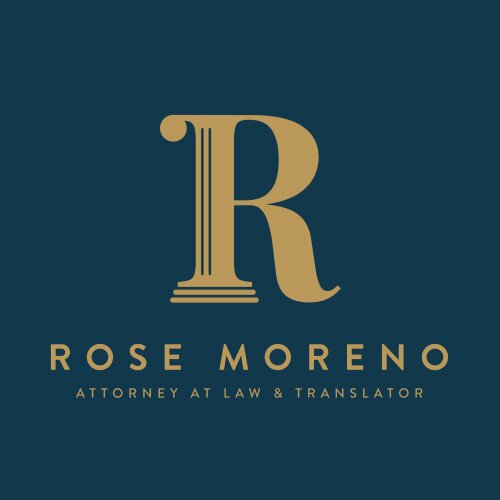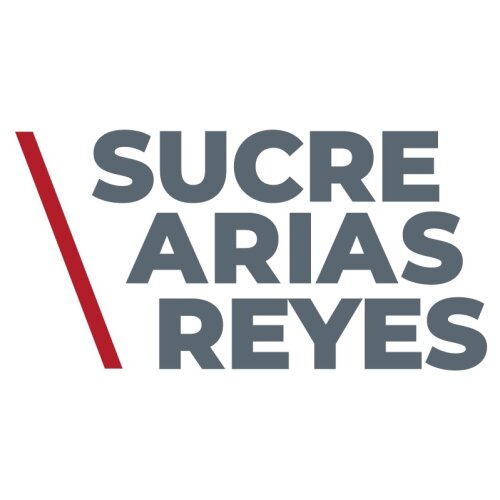Best Trusts Lawyers in Panama City
Share your needs with us, get contacted by law firms.
Free. Takes 2 min.
List of the best lawyers in Panama City, Panama
About Trusts Law in Panama City, Panama
The Panama Trusts Law dates back to 1984 and provides a highly flexible and efficient tool for global wealth management. Trusts in Panama offer privacy, security, ease of asset administration, and tax efficiency. They are widely used for many purposes including estate planning, protection of assets, confidentiality of information, among others. They can be set up by private individuals, companies, or other entities.
Why You May Need a Lawyer
Establishing a trust in Panama requires extensive knowledge of the country's trust laws, regulations, and practices. A lawyer can help with the drafting of the trust agreement, apprise you of your rights and obligations as a settler or beneficiary, and guide you through the entire process. If the trust involves real estate or business transactions, legal expertise becomes even more crucial. Finally, if there are disputes or claims over a trust, a lawyer can provide you with essential legal representation.
Local Laws Overview
Panama's trusts law supports both revocable and irrevocable trusts. There is no obligation to publicize the trust deed, preserving the privacy of the settlor. All the details concerning the trust fund and its administration are confidential and protected by law. Also, Panama Trusts are not subject to taxation as long as the income comes from foreign sources or the assets are located outside of Panama.
Frequently Asked Questions
Do I have to be a Panamanian resident to form a trust in Panama?
No, residents and non-residents alike can form a trust in Panama. The trust property can also be located anywhere in the world.
Who regulates trusts in Panama?
The Superintendency of Banks regulates the trust business in Panama. Only licensed trust companies are permitted to act as trustee.
Is there a minimum value for a Panamanian trust?
There's no minimum value to set up a trust in Panama. The properties constituting the trust patrimony can be of any value.
Is it required to report the trust to the Panamanian Government?
Only the registered agent of the trust (usually a law firm or trust company) has an obligation to know details of the trust, there’s no obligation to report to the Panamanian government.
Can a trust in Panama be terminated?
Yes, a trust can be dissolved or terminated as specified in the provisions of its trust deed, or upon fulfilment of its purpose.
Additional Resources
Besides consulting with an experienced attorney, valuable information can be obtained from the Superintendency of Banks of Panama, which regulates trusts in the country. The Panamanian Association of Business Executives also provides useful insights on trusts. Panama’s Official Gazette publishes legislation related to trusts in Panama.
Next Steps
If you need legal assistance with a trust, the first step is to identify a reputable lawyer or legal firm which specializes in Panama’s Trust Laws. Prepare a list of questions and concerns you may have regarding your trust. Be ready to provide all necessary information and documents related to your assets, beneficiaries, and objectives of the trust, to make the initial consultation as productive as possible.
Lawzana helps you find the best lawyers and law firms in Panama City through a curated and pre-screened list of qualified legal professionals. Our platform offers rankings and detailed profiles of attorneys and law firms, allowing you to compare based on practice areas, including Trusts, experience, and client feedback.
Each profile includes a description of the firm's areas of practice, client reviews, team members and partners, year of establishment, spoken languages, office locations, contact information, social media presence, and any published articles or resources. Most firms on our platform speak English and are experienced in both local and international legal matters.
Get a quote from top-rated law firms in Panama City, Panama — quickly, securely, and without unnecessary hassle.
Disclaimer:
The information provided on this page is for general informational purposes only and does not constitute legal advice. While we strive to ensure the accuracy and relevance of the content, legal information may change over time, and interpretations of the law can vary. You should always consult with a qualified legal professional for advice specific to your situation.
We disclaim all liability for actions taken or not taken based on the content of this page. If you believe any information is incorrect or outdated, please contact us, and we will review and update it where appropriate.










